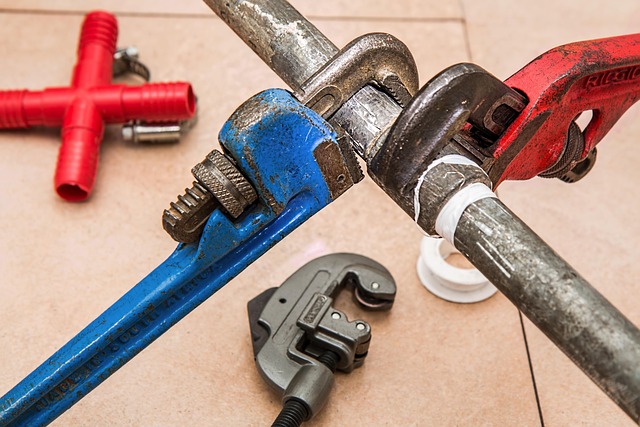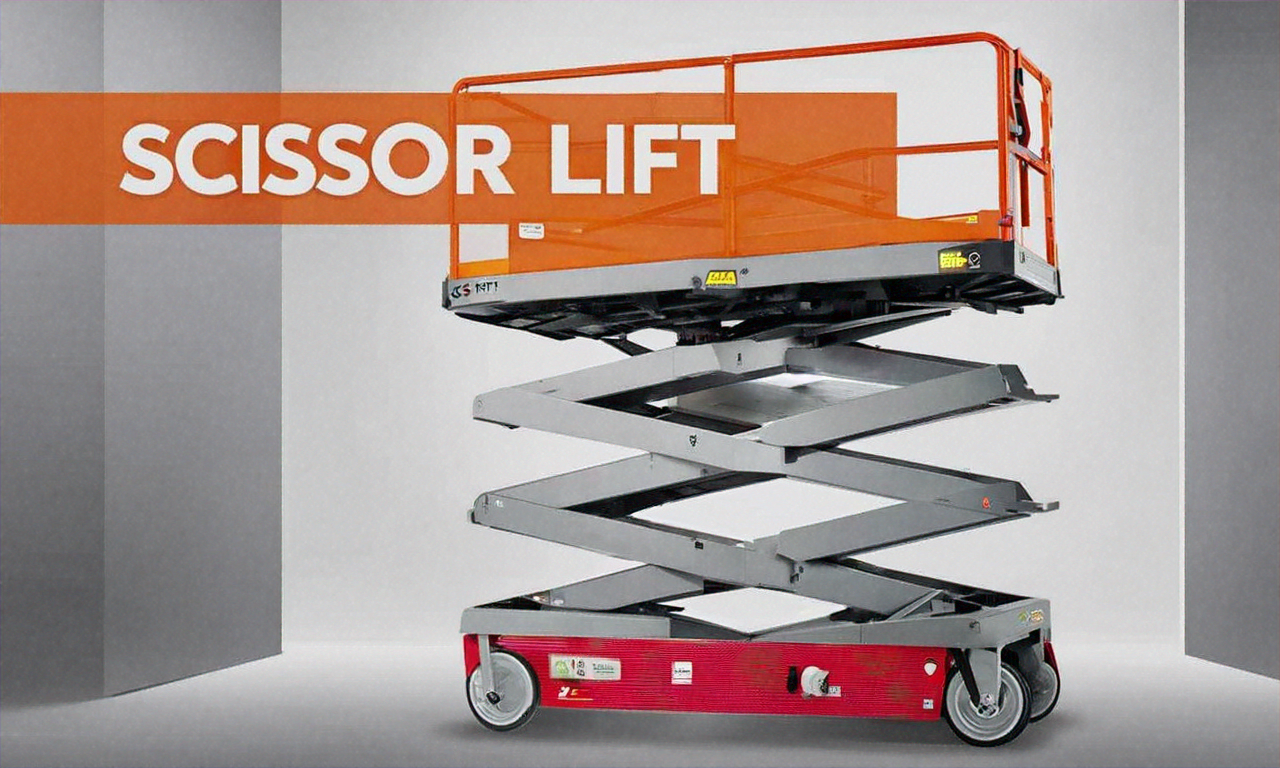Explore helpful tips on small trailers for daily use
Small trailers have become indispensable tools for countless individuals who need reliable transportation solutions for their everyday tasks. Whether you're hauling gardening supplies, moving furniture, transporting equipment for work, or simply need extra cargo space for weekend projects, understanding how to select and use a small trailer effectively can make your daily routines significantly easier and more efficient.

Discover the Best Small Trailer Designs
When searching for a small trailer suited to daily use, design considerations play a crucial role in functionality and longevity. Utility trailers typically range from 4x6 feet to 6x12 feet, offering versatile cargo space without requiring specialized towing equipment. Single-axle trailers work well for lighter loads and frequent short trips, while tandem-axle designs provide better stability for heavier items or highway travel. Enclosed trailers protect contents from weather and theft, making them ideal for transporting tools or sensitive materials. Open flatbed designs offer easier loading and unloading, particularly for bulky items like lawn equipment or building materials. Tilt-bed trailers simplify the process of loading heavy machinery or vehicles. Consider your primary use case carefully—landscapers might prioritize durability and drainage, while contractors often need secure storage and weatherproofing.
Understand Essential Features for Daily Use
Selecting a trailer with the right features ensures it meets your daily demands without unnecessary complications. Payload capacity is paramount; most small trailers handle between 1,000 and 3,500 pounds, but always verify your vehicle’s towing capacity before purchasing. Quality suspension systems reduce wear on both the trailer and its contents during transport. Reliable lighting systems—including brake lights, turn signals, and reflectors—are legally required and enhance safety during evening commutes. Tie-down points, such as D-rings or rail systems, secure cargo and prevent shifting during transit. A sturdy coupler compatible with your vehicle’s hitch size ensures proper connection. Fenders protect against road debris and mud spray. Consider trailers with removable sides or gates for versatility in loading different types of cargo. Galvanized or powder-coated steel frames resist rust and corrosion, extending the trailer’s lifespan even with regular outdoor use.
Get Practical Tips for Efficient Transportation
Maximizing efficiency with your small trailer involves both preparation and smart practices. Always distribute weight evenly, placing heavier items toward the front near the axle to maintain proper tongue weight—typically 10-15% of total trailer weight. This prevents dangerous swaying and improves vehicle handling. Secure all cargo with appropriate straps, bungee cords, or nets before each trip. Check tire pressure regularly, as trailer tires often require higher PSI than passenger vehicle tires. Inspect lights, brakes, and hitch connections before every use to prevent roadside emergencies. Practice reversing in an empty parking lot to build confidence with trailer maneuvering. When parking, use wheel chocks to prevent rolling, especially on inclines. Clean your trailer after muddy or corrosive loads to prevent rust buildup. Store the trailer on level ground with the tongue jack extended to reduce frame stress. Keep a spare tire, jack, and basic tools accessible for unexpected repairs during transport.
Compare Options to Find Your Ideal Trailer
The small trailer market offers numerous options across different price points and specifications. Understanding what various manufacturers and retailers provide helps you make an informed decision based on your budget and requirements.
| Trailer Type | Provider | Key Features | Cost Estimation |
|---|---|---|---|
| 5x8 Utility Trailer | U-Haul | 2,000 lb capacity, wood deck, ramp gate | $1,400 - $1,800 |
| 6x10 Enclosed Trailer | Cargo Express | Weather-resistant, rear doors, interior lighting | $3,500 - $4,500 |
| 6x12 Flatbed Trailer | PJ Trailers | 3,500 lb capacity, steel deck, fold-down ramps | $2,800 - $3,600 |
| 5x8 Aluminum Trailer | Aluma | Lightweight, rust-proof, mesh sides | $2,200 - $2,900 |
| 4x6 Tilt Trailer | Big Tex Trailers | Hydraulic tilt, 1,200 lb capacity, compact design | $1,600 - $2,200 |
Prices, rates, or cost estimates mentioned in this article are based on the latest available information but may change over time. Independent research is advised before making financial decisions.
When comparing trailers, consider not just initial purchase price but also long-term maintenance costs, availability of replacement parts, and warranty coverage. Local dealers often provide better after-sale support than distant online retailers. Read customer reviews focusing on durability and real-world performance rather than just specifications. Visit dealerships to inspect build quality firsthand—welds should be smooth and complete, wood decking should be treated and secure, and moving parts should operate smoothly without excessive play.
Maximize Your Trailer’s Potential for Everyday Tasks
A well-maintained small trailer becomes more valuable over time as you discover creative applications for daily life. Homeowners use trailers for yard waste removal, mulch delivery, and seasonal decoration storage. Small business owners transport inventory, equipment, and supplies between locations efficiently. DIY enthusiasts haul materials from home improvement stores without rental fees. Families use trailers for camping gear, sports equipment, or moving college students between dorms. Adding accessories expands functionality—toolboxes mount to tongue areas for secure storage, spare tire carriers prevent flat-tire delays, and removable racks accommodate kayaks or ladders. Some owners install shelving systems in enclosed trailers for organized tool storage. Magnetic signs transform trailers into mobile advertising for businesses. Weather-resistant cargo nets protect loose items during highway travel. Consider seasonal uses too—trailers simplify holiday light installation by providing mobile work platforms and storage.
Maintaining Your Small Trailer for Long-Term Reliability
Regular maintenance prevents costly repairs and ensures your trailer remains safe and functional for years. Inspect wheel bearings annually, repacking them with fresh grease to prevent overheating and seizure. Check brake systems if equipped, replacing worn pads and adjusting cables as needed. Examine tires for cracks, bulges, or uneven wear, replacing them every 3-5 years regardless of tread depth since trailer tires deteriorate from UV exposure and infrequent use. Lubricate the coupler and hitch ball before each season. Touch up paint chips and scratches promptly to prevent rust from spreading. Tighten loose bolts and fasteners, particularly after the first few uses when components settle. Replace worn safety chains before they fail. Store your trailer under cover when possible to minimize weather exposure. During winter months in cold climates, remove wheels and store them indoors to prevent flat-spotting. Keep registration and insurance documents current, as requirements vary by state and trailer weight class.
Small trailers represent practical investments that simplify countless daily tasks when chosen thoughtfully and maintained properly. By understanding design options, essential features, and best practices for use and care, you can select a trailer that serves your needs reliably for many years. Whether transporting work materials, household items, or recreational equipment, the right small trailer becomes an indispensable extension of your vehicle’s capabilities.




